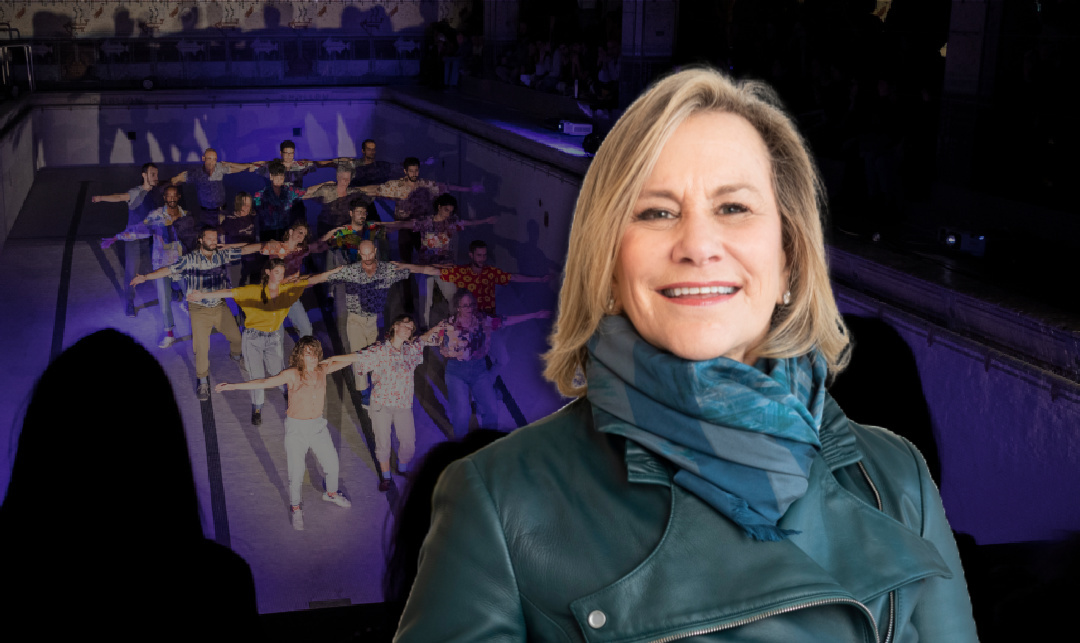With the rise in COVID-19 cases associated with the delta variant, it seems we are a long way from the end of the pandemic and the cascade of mental health issues developing in its wake.
No population has been affected as directly as our health care workforce. Around the world, frontline workers are experiencing extraordinary pressure, deaths in numbers unseen in our lifetimes, and increasing cases of grief, burnout, stress, and depression. These conditions will undoubtedly worsen as doctors, nurses, and health care workers see cases rising in the next wave of infections and process their experiences in the coming months and years.
A study by the Icahn School of Medicine at Mount Sinai in New York reported that 40% of frontline health care providers who worked during the first surge screened positive for post-traumatic stress syndrome, major depressive disorder, or an anxiety disorder. A national survey by Mental Health America later in 2020 found that over 90% of health care workers were experiencing stress, more than 75% reported exhaustion and burnout, and 75% said they were overwhelmed.
Victor J. Dzau, MD, president of the National Academy of Medicine, says “we have a great obligation to people who put their lives on the line for the nation.”
There are things we can do now to make a real difference for these people.

Photo courtesy Hananeko_Studio.
Last year, many donors gave generously to help provide adequate supplies, equipment, and personnel during the crisis to decrease the stress of getting basic needs met. Now is the time to put resources in place for programs that support health care workers who face enduring challenges, including mental health. That must include emotional and psychological support, which is not an area that enough donors fund. And donors must act swiftly. Instead of waiting for the mental health pandemic to hit our most vulnerable populations, including the frontline health care community, we need to put philanthropy to work to help solve this problem before it becomes an all-out crisis.
Hospitals are expanding existing mental health crisis programs and innovating to provide new services and address broader challenges of employee resilience. In New York City—once the epicenter of the epicenter—NYC Health + Hospitals (H+H), the public hospital system that serves the largest number of COVID cases, ramped up Helping Healers Heal, a program launched three years ago to provide one-on-one and group debriefings to health care workers. Nonprofit hospitals are also developing ambitious programs, such as the Mount Sinai Center for Stress, Resilience, and Personal Growth for doctors, nurses, trainees, and other health care workers.
There’s an opportunity for philanthropy to support such programs across the country.
One approach that the Laurie M. Tisch Illumination Fund has taken is to use the arts, which have been proven to relieve stress and foster connections. This is true not only for the general public, but also among health care staff. The arts come at mental health issues from a unique angle, fostering connection, decreasing stigma, opening up conversations, and bringing joy to the workplace.
“Within the arts lies a powerful but largely untapped force for healing,” says Surgeon General Vivek Murthy, MD. “The arts and science are two sides of the same coin, which is our shared humanity. Our ability to live fulfilling, healthy lives depends on bringing these two forces together.”
The National Organization for Arts in Health, which has been piloting a new program, Arts for Resilience in Clinicians (ARC), shares that “One of the most effective ways of helping clinicians decrease stress and emotional exhaustion leading to burnout is by participating in the arts or art therapy programs. These programs, led by professional artists and art therapists, have shown to have dramatic, and sometimes, immediate impact in such areas as improving mood, job performance, patient/staff relationships, and overall well-being.”
University of Florida’s Center for Arts in Medicine created an open-access online repository of COVID-19 arts responses, including information on organizations with programming efforts responding specifically to COVID-19 awareness building, prevention, coping, or recovery, and that employ an arts-based approach. Many of the programs are replicable elsewhere.
Many philanthropists already support the arts. Many also support hospitals. It’s time to combine these interests for the good of all involved.
Recognizing that their workers are suffering, many hospitals are offering visual arts and music programs for their staff. The Laurie M. Tisch Illumination Fund provided funding for several new initiatives in New York’s hospitals. Over the summer of 2020, livestreamed concerts brought Tony Bennett, Rosanne Cash, Questlove, and other musicians virtually into breakrooms throughout the 11 hospitals in the H+H system.
We also supported the launch of Theater of War Frontline for staff from NYU Langone, Columbia University’s Irving Medical Center, Montefiore, Mount Sinai, and Northwell Health, as well as five H+H facilities. Theater of War is a New York–based social impact theater company that presents dramatic readings of Greek tragedies and other classic plays, followed by facilitated discussions to help military members and their families, veterans, survivors of domestic abuse, victims of gun violence, and refugees have open conversations about trauma. Theater of War’s artistic director, Bryan Doerries, developed Theater of War for Frontline Medical Providers in Baltimore, in partnership with Johns Hopkins’ Berman Institute of Bioethics and Program in the Arts, Humanities, and Health.

Photo courtesy Nan Melville.
And in 2021, we also expanded the H + H Community Mural Project, a component of the system’s Arts in Medicine Program. The collaborative mural-making process is a tool to encourage creativity, build trust and engagement between the hospitals and their communities, reduce stigma, and foster pride in the public health system through community-building activities, which has taken on a new meaning as the city continues to fight COVID-19.
Mental health programs, including those utilizing the arts and peer support, need to be greatly expanded over the coming months and years, and must stay in place into the foreseeable future as the fallout from this crisis becomes more visible. To this end, this month, I announced a new fund to support small to medium-sized arts and culture organizations that utilize the arts to address mental health in vulnerable and marginalized communities disproportionately affected by the pandemic.
We may have been slow to respond to COVID-19 at the start, but we don’t need to repeat this with the wave of mental health issues that are unfolding. As a country, we cannot afford to abandon the doctors, nurses, and other health care and essential workers who are on the line for us in the pandemic. They have selflessly helped us when we need them. We need to help them when they need us.
Philanthropy has a powerful role to play to address this looming issue. I look forward to helping lead this movement for the long term.
Laurie Tisch is founder and president of the Laurie M. Tisch Illumination Fund.
Top: Photos courtesy Laurie M. Tisch Illumination Fund. Photo illustration by Adriana Mejia / CSQ.















































